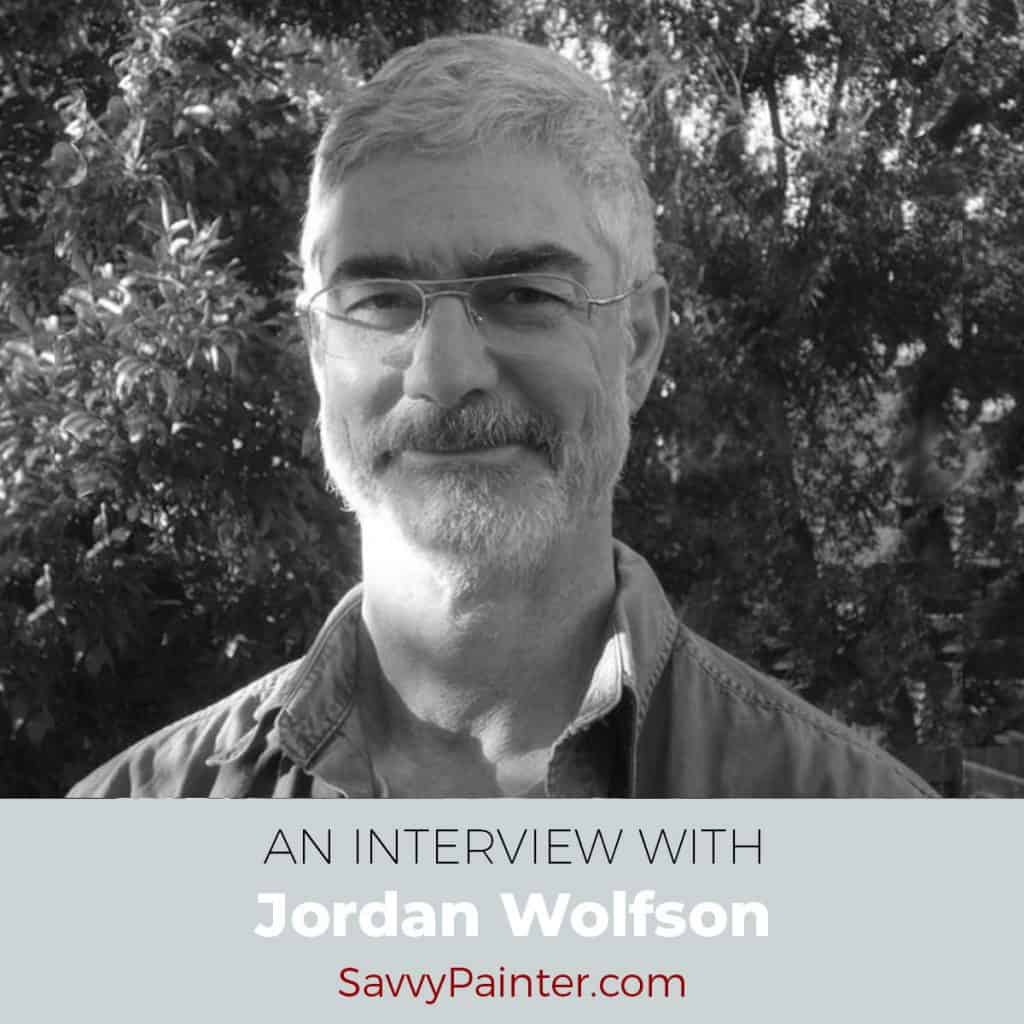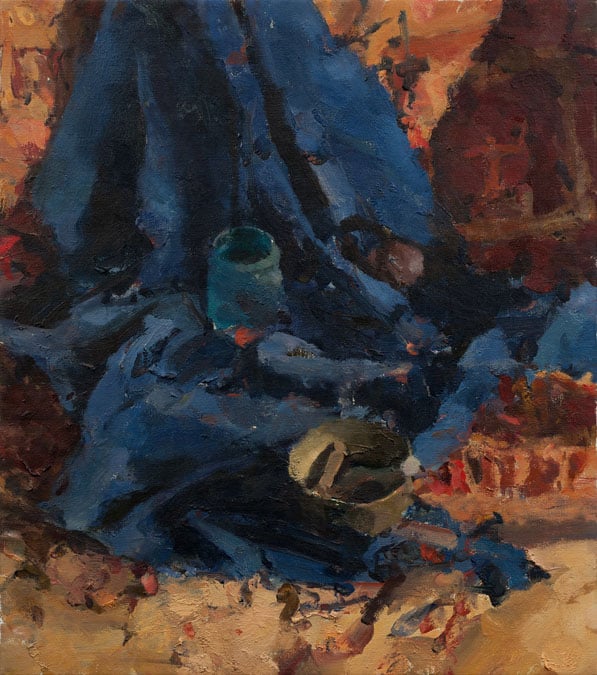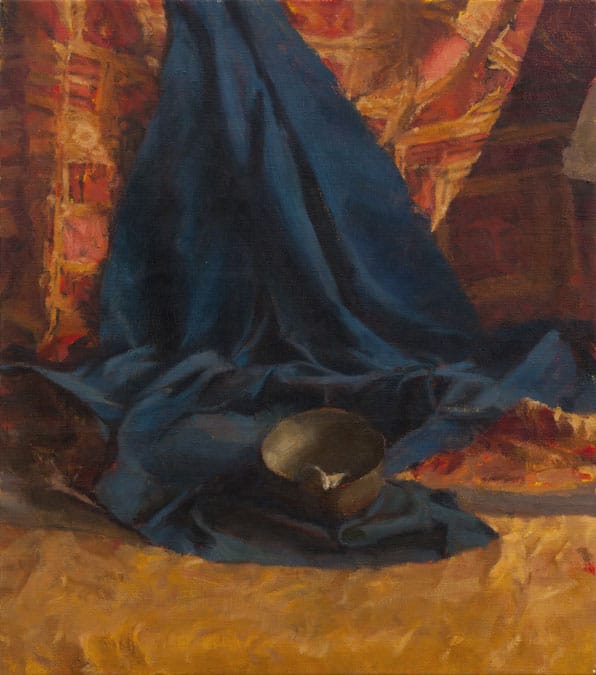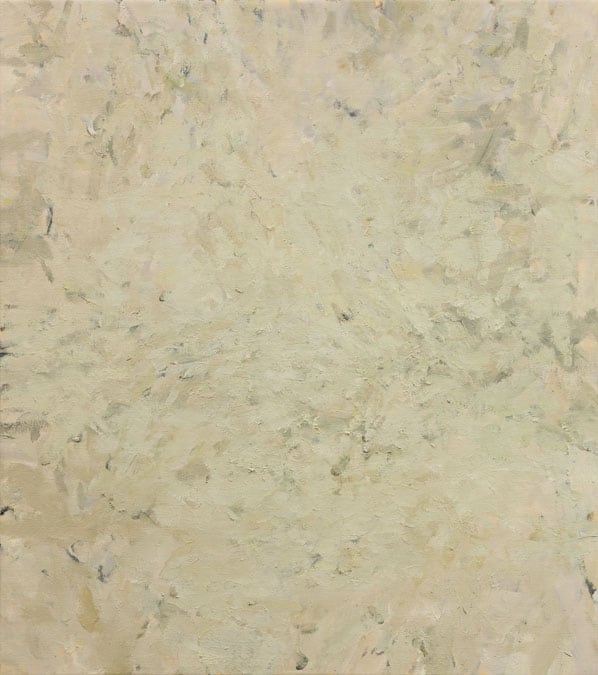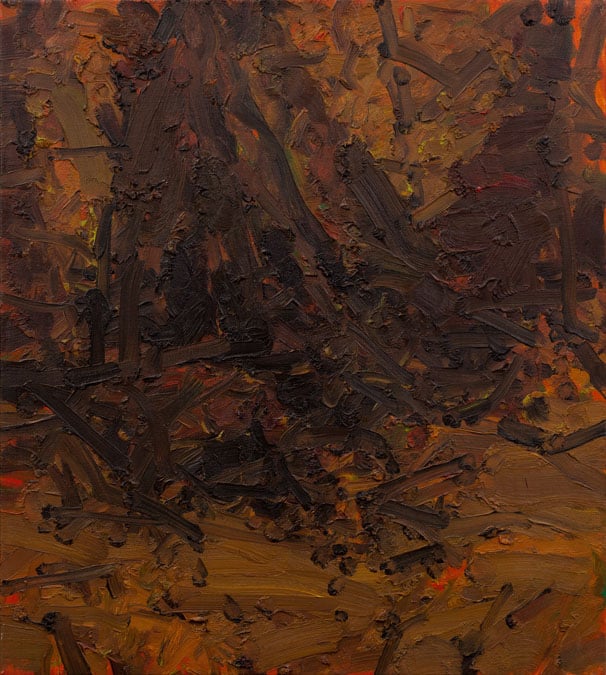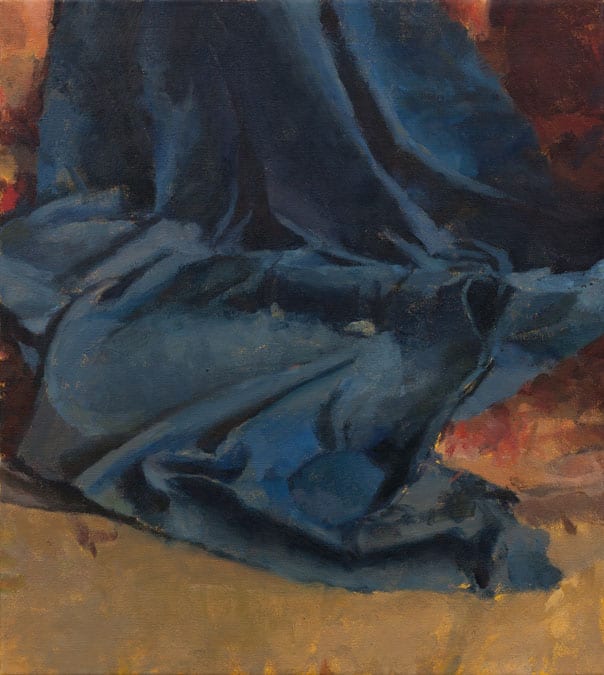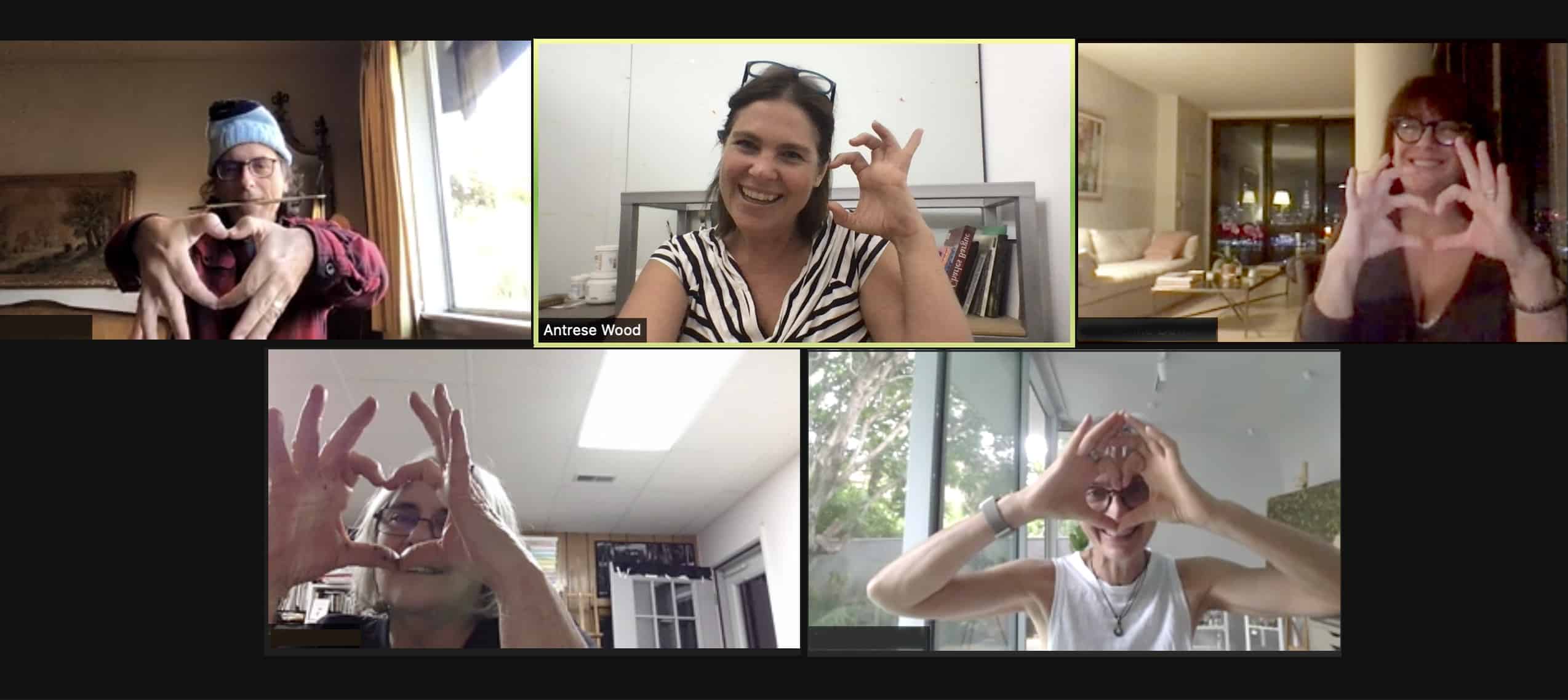What role has your intuition played in your development as an artist? Have you always followed it or has it been a struggle to give yourself that permission? My guest, Jordan Wolfson has embraced his intuition and followed it down some fascinating creative corridors. In our conversation, Jordan opens up about how he got started as an artist, what his process looks like, the contrast between language and art, how he honed his skill set, and so much more. I can’t wait for you to get a glimpse of Jordan’s fascinating perspective!
Wandering in the dark and finding a path forward.
Can you think back to the start of your career in art? Did you have a clear moment when you knew that this was what you wanted to dedicate your life to or was it more of a gradual awakening? The way Jordan Wolfson tells it, his path into an art career was more of a discovery than an actual experience or decision. For the longest time, Jordan had a deep desire to spend time painting and he’s kept following that desire which led him through college and into his career today. Looking back, Jordan speaks fondly of the studio classes he took during his undergrad at UC Santa Cruz. During that time, Jordan felt like he had fallen in love with the craft of painting. Do you have a similar story, what set you on your path?
Honing the craft.
As an artist you are constantly honing and refining your craft, let’s face it, you never truly, “Arrive.” This process can look different for each of us and a lot of benefits can be found when we take the time to hear each other’s stories. Jordan Wolfson’s story is no different, he has several stories to tell of renowned artists like John Walker and Andrew Forge who entered his story at critical times in his development to challenge and encourage him in his work. Listening to Jordan, you really get the sense that he knows that he has a lot to learn even though he’s quite accomplished!
Can you really follow your intuition?
Which is more important to follow, your training or your intuition? Do you have to choose between the two? In my experience, if you want to follow your intuition, you’ve got to develop an ear for it as you progress in your career. If you are constantly ignoring your intuition, eventually it’ll fade into the background. Jordan Wolfson describes following his intuition as tracking down a glimmer of light or thread to see where it came from and where it’s leading. While Jordan is quick to emphasize the influence of his art school training, he also points to this cultivation of listening to his intuition that has had a huge impact on his artwork over the years.
Clearing the mind and getting centered.
What are some of the most important aspects of your creative process? Do you have certain rituals that you follow when you enter your studio space and approach your canvas? For Jordan Wolfson, his process starts with a morning practice of sitting and meditation. He places a lot of value on being present in mind and body before he proceeds with his work at the canvas. Its Jordan’s hope that this deliberate practice of presence and centering his mind have a direct impact on his artwork. Take a look at some of the images of his art located at the end of this post and see for yourself!
Outline of This Episode
- [3:20] I introduce my guest, Jordan Wolfson.
- [4:50] How Jordan decided to become an artist.
- [7:00] Jordan talks about his post-college pursuits.
- [10:30] What it took for Jordan to hone his painting skills.
- [15:30] Painting and presence.
- [17:20] The contrast between language and art.
- [20:45] Jordan talks about what he is currently working on.
- [26:00] Trusting your intuition and seeing where it leads.
- [33:30] Jordan opens up about his process of creating his artwork.
- [44:15] The value of meditation and centering your thoughts.
- [46:45] Artwork that Jordan would love to own.
- [48:50] Jordan talks about the recontextualization of painting.
Other artists mentioned on this episode
- Andrew Forge
- William Bailey
- John Walker
- Guggenheim Museum Presents Giacometti
- Chaim Soutine’s Intense Paintings of Slaughtered Animals
- Venus and Adonis
- Paul Rost
- Chuck Ceraso
- Ann Gale
- Paul Cézanne
- Willem de Kooning
- Leon Kossoff
- Frank Auerbach
- John Dewey
- http://concurrenceart.com/
Resources Mentioned on this episode
- Jordan’s website
- Jordan on Facebook
- Jordan on Instagram
- Jordan’s Teaching Website
- Jordan’s Blog
- Video – Song Cycle with Blue Cloth, 2018
- The Shape of a Pocket
- The Painting and Presence Course, beginning October 29
- EMERGENCE: An Online Painting Collaborative

